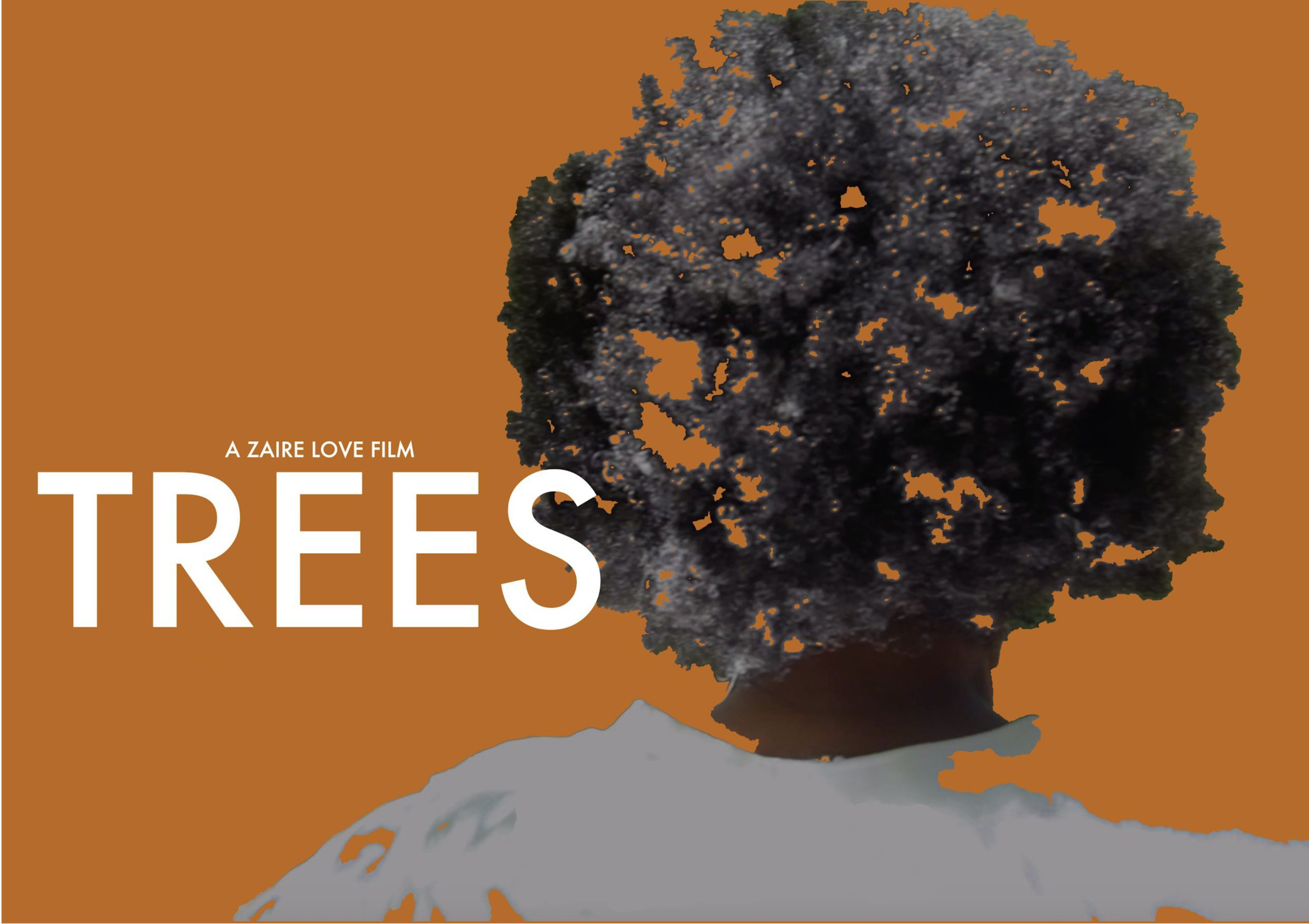Southern trees are griots. If they could talk, they would tell of the beauty and terror of this land. Their presence is massive—they stand for decades and their beauty is majestic—but people often see them as the backdrop to our lives. One day when I was in my Granny’s backyard looking at the stump that used to be a big ole tree in my youth, it dawned on me that southern Black women are trees that stand tall with many truths at their roots that are often overlooked.
My short documentary film TREES stars my grandmother Dorothy. My grandmother is a storyteller, and her stories uncover the South that raised her. They tell of the one-bedroom house in Sledge, Mississippi, that sheltered ten siblings and her parents, both sharecroppers in the 1950s. They tell of her work picking two hundred pounds of cotton a day, and, if lucky, getting fifty cents for her labor. They tell of poor country meals and her excitement on Sundays when there was meat to eat. My favorite of her stories is about my great-grandmother, Mrs. Mary Patton “MaeLee” Presley. MaeLee was all about liberation. She took no mess from Black folk or white folk and was a well of country knowledge. She poured that knowledge into the heart and the mind of my Granny, and from time to time, I am able to draw from that well.
My grandmother’s stories and memories have impacted my life’s work as a documentarian who highlights and explores the stories of southern Black women. I need to capture such moments in both an accurate and poetic way. I’ve seen Black women’s pain and trauma exploited and made into a caricature countless times. My duty as a creative and artistic documentarian is to restore honor to these Black women as I preserve the spirit of their stories—ones that have allowed so many of their descendants to live today.
My grandmother’s stories and memories have impacted my life’s work as a documentarian who highlights and explores the stories of southern Black women.
To create the film, I listened to my Granny and wrote her thoughts into stanzas. In TREES, her story unfolds like a poem. I sing “I Want Jesus to Walk with Me,” “Nobody Knows,” and “Wade in the Water.” I believe the voice of my grandmother blends with my voice to make folks feel. This auditory style is important to me because I want people to experience my grandmother’s life. In a traditional documentary, she would sit down and talk about how much cotton she picked and how she went to church eight days a week. But would you feel that in your soul? Would you feel that in your chest?
It is not until you feel that you can suspend your beliefs, to experience truths that may be counter to what the world has shown you about southern Black women. If you can feel, you can listen, honor, and act in ways that uplift instead of harm. In TREES, my Granny and I decided to let her beautiful melanin glow without the distraction of makeup and to let her natural hair flow without the restriction of styling. She is surrounded by nature. I draped her in white in every scene because, as I know, and as you will witness, she is light.
I have now archived her story, her voice, and her image forever. Her descendants who have not made their earthly debut can experience her story. She will not be remembered as a stump that once was. Dorothy will always be a tree standing to be seen.

Zaire Love is an award-winning filmmaker, music maker, and writer whose mission is to honor, amplify, and archive the stories and voices of the Black South. Love is a graduate of Spelman College (BA), Houston Baptist University (MEd), and the University of Mississippi (MFA). She ideates and creates through her studio Creative Cornbread, and is currently the Southern Foodways Alliance Pihakis Filmmaker at the Center for the Study of Southern Culture.
Header image by Phil Blank.

